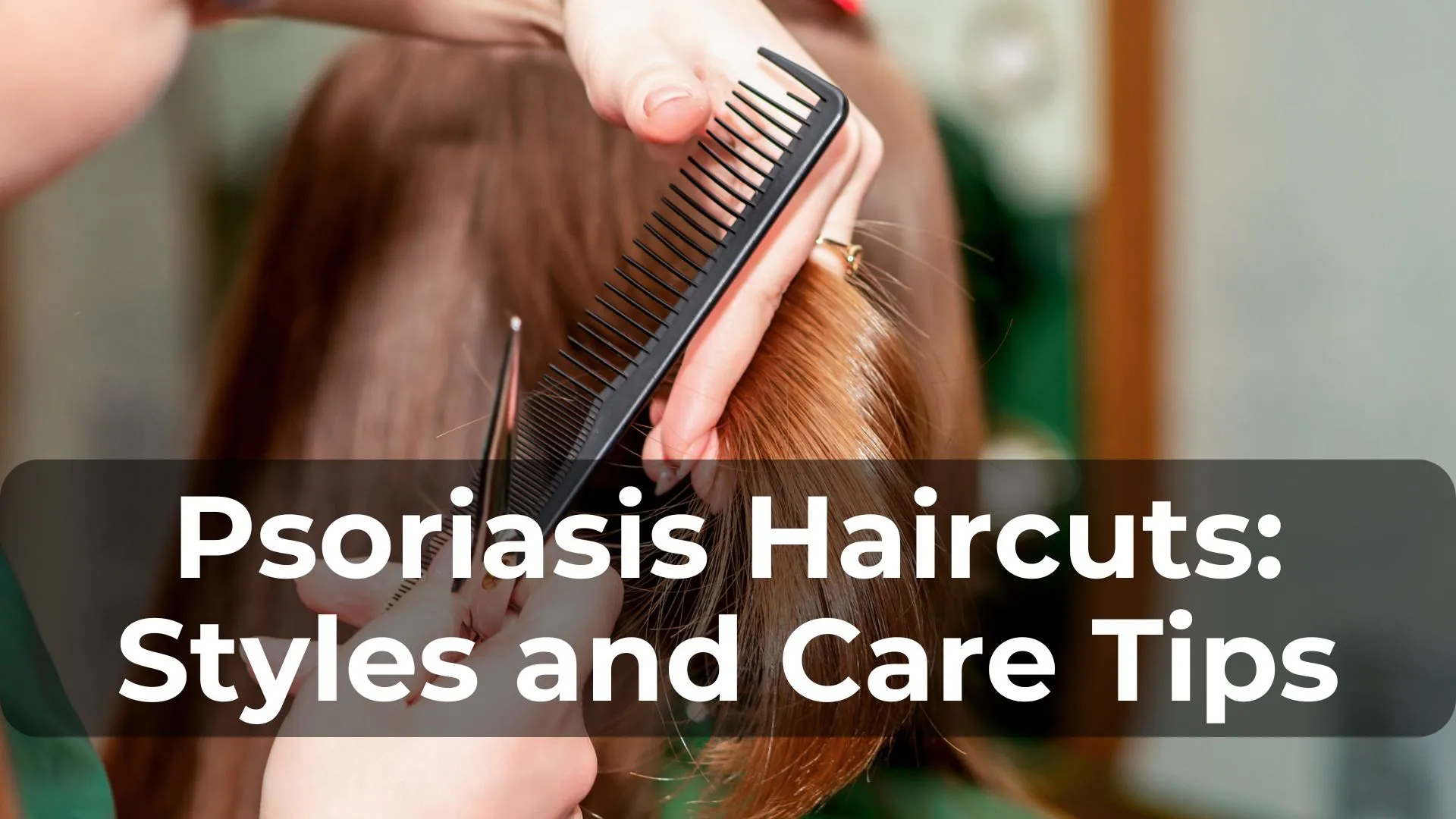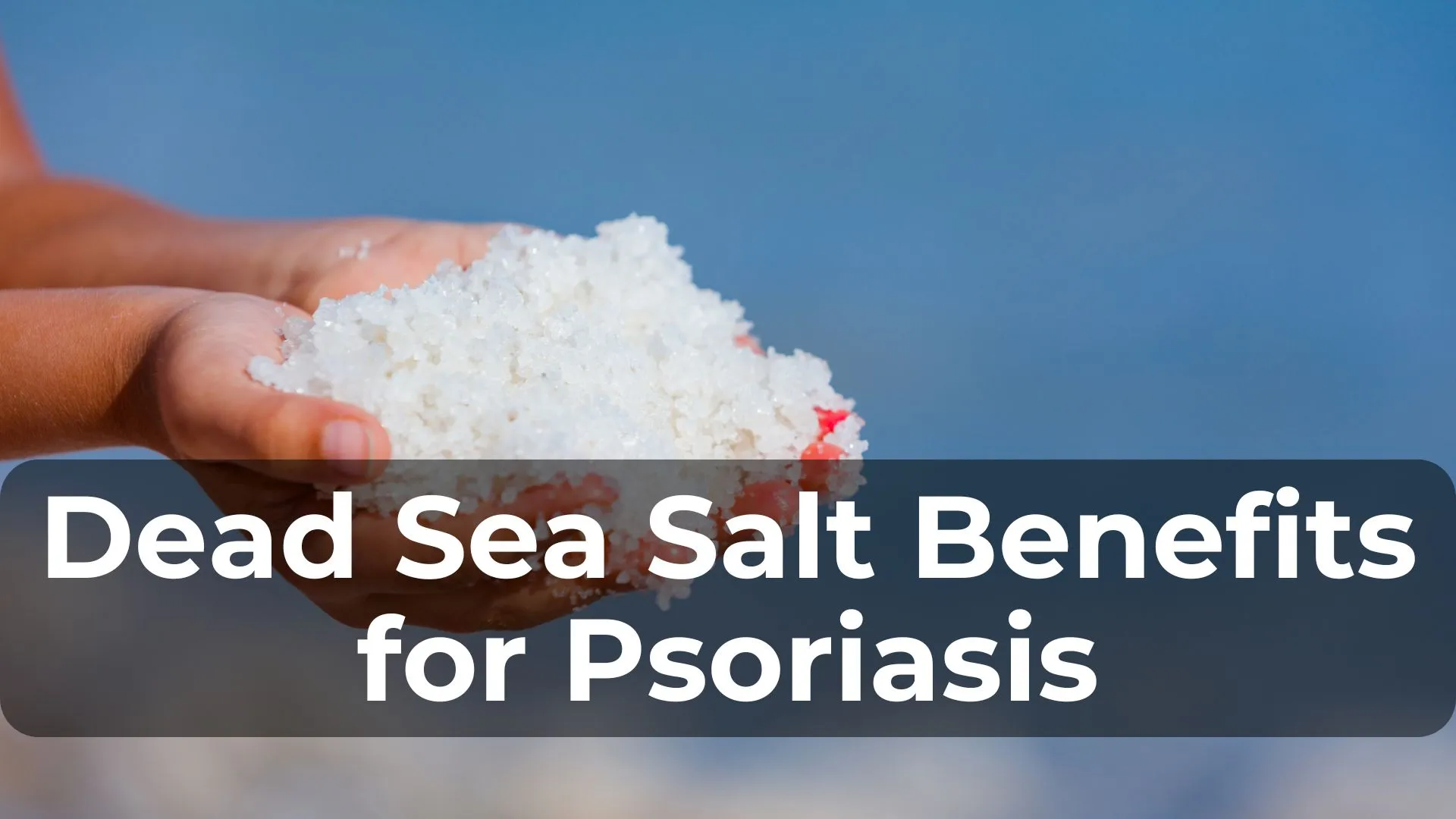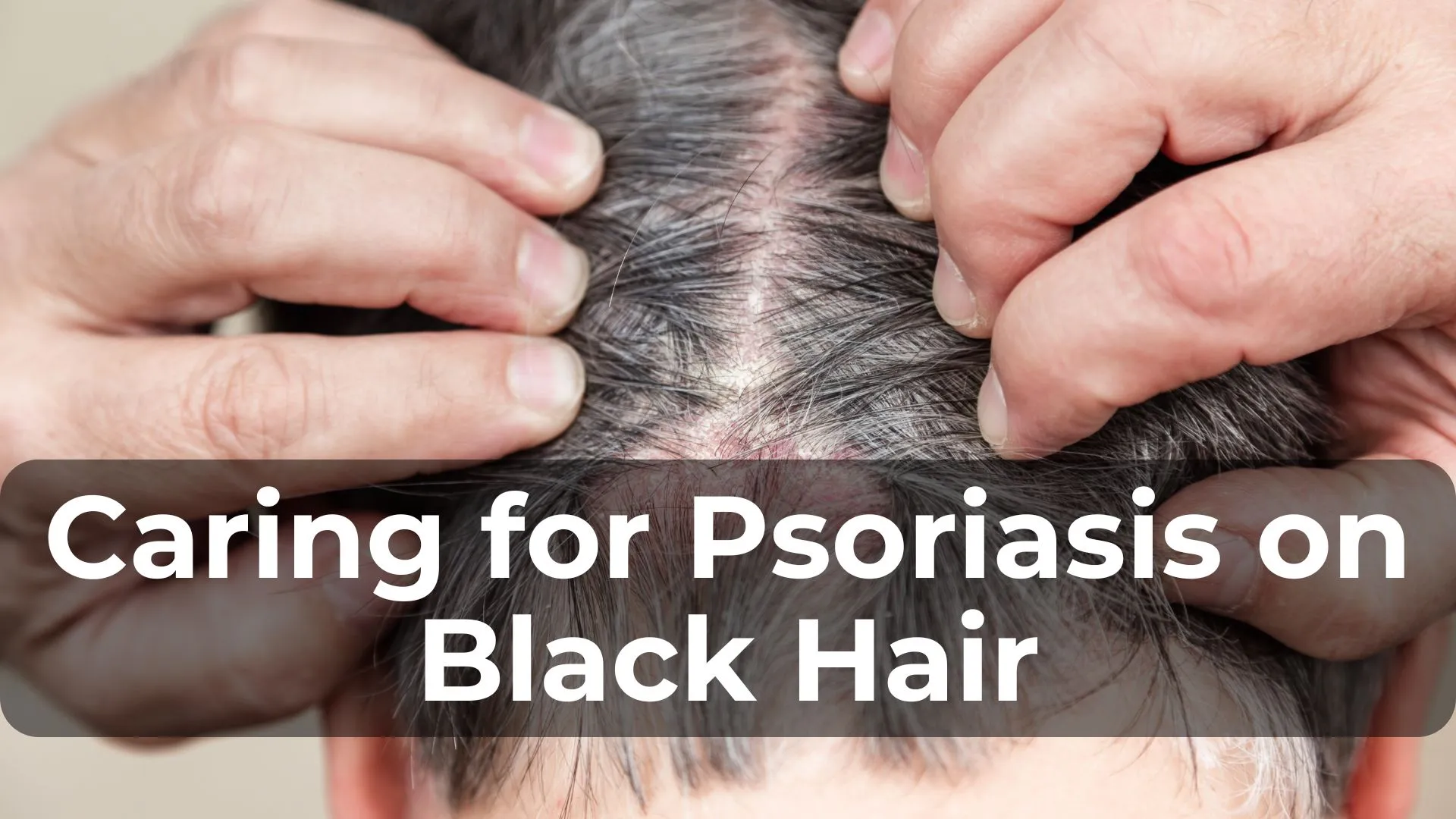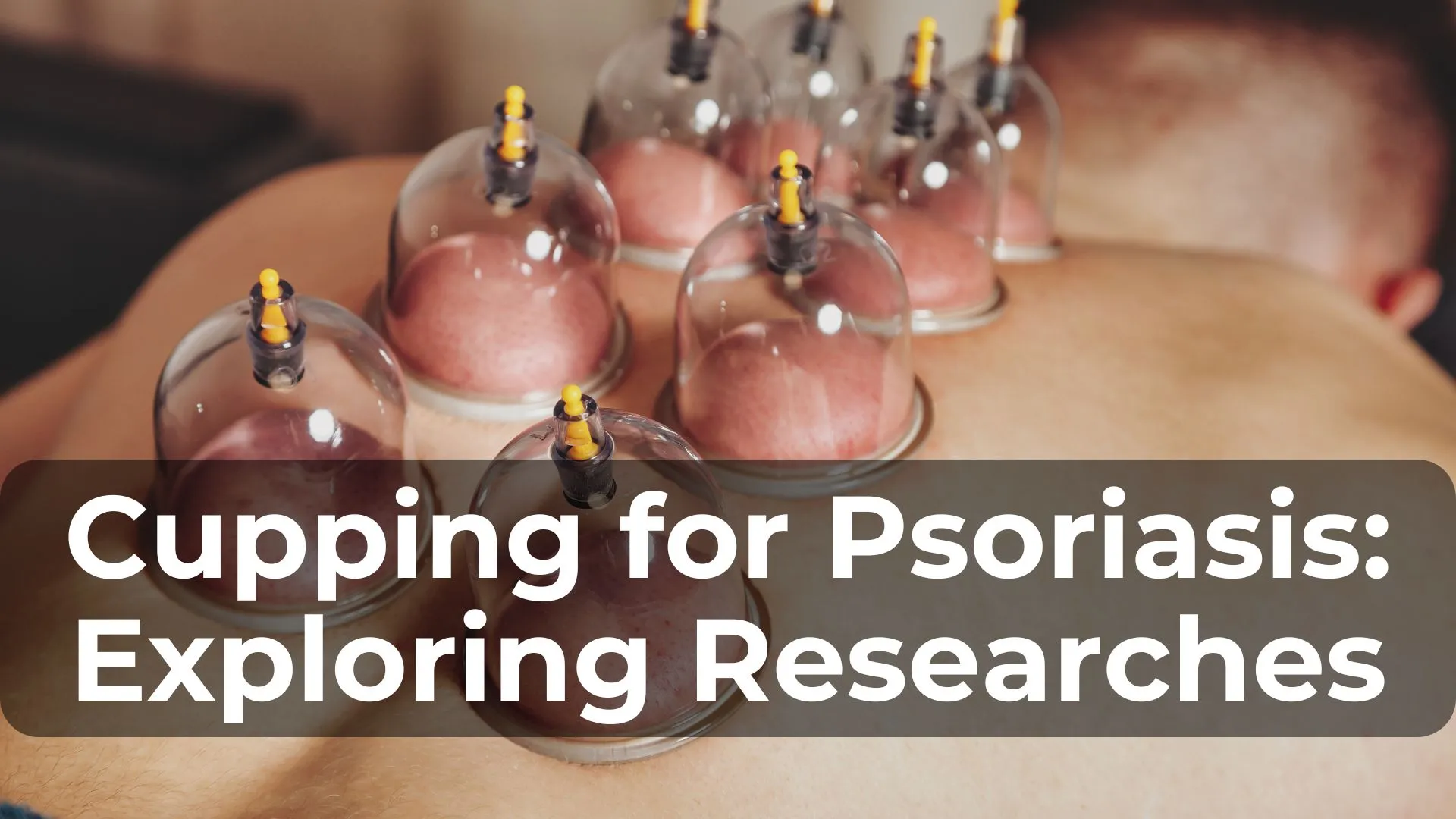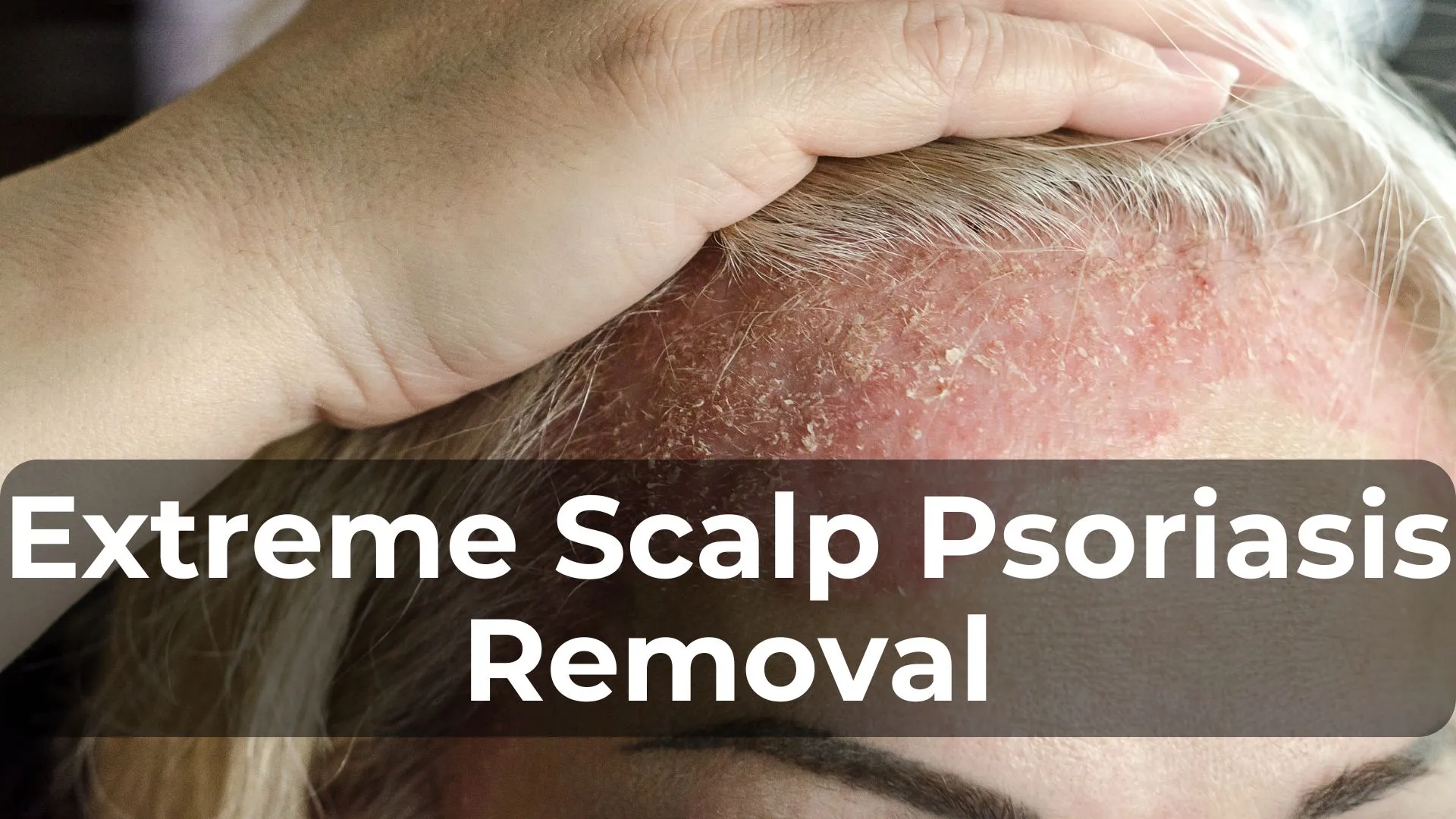
Living with scalp psoriasis can be a real pain in the neck – or should I say, the head? If you’re dealing with this pesky condition, you’re probably all too familiar with the, flaking, and discomfort it brings. But don’t worry, you’re not alone in this battle, and there’s hope
Let’s dive into the world of extreme scalp psoriasis removal and explore what you need to know to get your scalp – and your confidence – back on track.The Medicine Merry-Go-Round**
First things first, let’s talk about the various types of medicine available for psoriasis. You’ve got your topical treatments, like corticosteroids and vitamin D analogues, that you apply directly to your scalp. Then there are systemic medications, such as methotrexate and biologics, which work throughout your entire body. And let’s not forget about phototherapy, which uses UV light to slow down skin cell growth.
Now, here’s the kicker: while these treatments can certainly help reduce or hide symptoms, they’re not addressing the root cause of your psoriasis. It’s like putting a Band-Aid on a leaky pipe – it might stop the water for a while, but the underlying problem is still there.
So, what’s a psoriasis sufferer to do? Well, my friend, it’s time to think holistically!
The Holistic Approach: Treating the Whole You
Imagine your body as a complex ecosystem. When one part is out of whack, it affects everything else. That’s why a holistic approach to treating psoriasis is so important. We need to look at all aspects of your health and lifestyle to bring balance back to your system.
Think of it like tending to a garden. You can’t just water one plant and expect the whole garden to thrive, right? You need to nourish the soil, provide sunlight, and care for each plant individually. The same goes for your body – we need to work on each aspect to detoxify and restore balance.
Let’s break down the different aspects of holistic psoriasis treatment:
Physical: Get Moving and Soak Up the Sun
1. Regular Exercise Who knew that breaking a sweat could help your scalp? Regular exercise isn’t just good for your waistline – it’s great, too! When you exercise, you’re boosting circulation, reducing inflammation, and releasing thosedorphins. It’s like giving your body a natural anti-inflammatory boost.
Try to aim for at least 30 minutes of moderate exercise most days of the week. Whether it’s a brisk walk, a dance class, or a swim, find something you enjoy and stick with it. Your scalp (and the rest of your body) will thank you!
2. Sunlight Therapy There’s a reason why manyoriasis sufferers find relief during the summer months – sunlight can be a powerful healer! UV rays from the sun can slow down the rapid skin cell growth that causes psoriasis plaques. But remember, moderation is key – we’re not talking about baking in the sun for hours on end.
Start with short periods of sun exposure, maybe 5-10 minutes a day, and gradually increase as your skin tolerates it. Always protect your skin with sunscreen on areas not affected by psoriasis, and listen to your body. If you’re worried about sun damage, talk to your doctor about controlled phototherapy sessions instead.
Chemical: You Are What You Eat (and Detox)
1. Dietary Changes Ever heard the saying “you are what you eat”? Well, when it comes to psoriasis, this couldn’t be truer. Certain foods can trigger inflammation in your body, making your psoriasis worse. On the flip side, other foods can help reduce inflammation and promote healing.
Try cutting back on inflammatory foods like processed sugar, dairy, and gluten. Instead, load up on anti-inflammatory powerhouses like fatty fish (hello, omega-3s!), colorful fruits and vegetables, and nuts and seeds. And don’t forget to stay hydrated – water is your skin’s best friend!
2. Detoxification Our bodies are exposed to toxins every day – from the air we breathe to the food we eat. Over time, these toxins can build up and throw our systems out of balance. A gentle detox can help support your body’s natural cleansing processes and potentially improve your psoriasis symptoms.
This doesn’t mean you need to go on a crazy juice cleanse or starve yourself. Simple steps like drinking lemon water in the morning, eating more fiber-rich foods, and sweating it out in a sauna can all support detoxification. Just remember to consult with a healthcare professional before starting any intense detox regimen.
3. Supplements While a healthy diet should be your first line of defense, sometimes our bodies need a little extra help. Certain supplements can support skin health and reduce inflammation. Some popular options for psoriasis include:
- Omega-3 fatty acids
- Vitamin D
- Probiotics
- Turmeric
- Milk thistle
Always chat with your doctor before starting any new supplements, as they can interact with medications or have side effects.
Emotional/Spiritual: Don’t Forget Your Mental Health
Living with psoriasis isn’t just physically challenging – it can take a toll on your mental health too. Stress is a known trigger for psoriasis flare-ups, creating a vicious cycle that can be hard to break.
That’s why it’s crucial to address your emotional and spiritual well-being as part of your holistic treatment plan. This might include:
- Practicing stress-reduction techniques like meditation or deep breathing
- Joining a support group to connect with others who understand what you’re going through
- Exploring therapy or counseling to work through any emotional challenges
- Engaging in activities that bring you joy and peace, whether that’s painting, gardening, or spending time in nature
Remember, healing isn’t just about what’s happening on the surface – it’s about nurturing your whole self, inside and out.
Natural Remedies: Mother Nature’s Medicine Cabinet
While we’re on the topic of holistic treatments, let’s not forget about the power of natural remedies. These gentle, often plant-based treatments can complement your other psoriasis-fighting efforts:
- Aloe vera: This soothing plant can help reduce redness and scaling.
- Tea tree oil: Known for its anti-inflammatory properties, it can help calm irritated skin.
- Apple cider vinegar: Some people find that applying diluted ACV to their scalp helps with itching.
- Coconut oil: This natural moisturizer can help soften psoriasis plaques and reduce scaling.
- Oatmeal baths: Soaking in a lukewarm oatmeal bath can help soothe irritated skin.
Remember, what might not work for another, so don’t be afraid to experiment (safely) to find what works best for you.
In conclusion, tackling extreme scalp psoriasis isn’t just about slathering on creams or popping pills. It’s about taking a step back and looking at the bigger picture – your overall health and well-being. By addressing the physical, chemical, and emotional aspects of your health, you’re giving your body the best chance to heal from the inside out.
So, are you ready to embark on this holistic healing journey? Remember, it’s not about finding a quick fix, but rather about making sustainable changes that will benefit your whole body in the long run. Your scalp psoriasis didn’t appear overnight, and it won’t disappear overnight either. But with patience, persistence, and a whole-body approach, you can work towards clearer, healthier skin and a happier you.
Now, doesn’t that sound like a plan worth sticking to? Your future self (and your scalp) will thank you!




